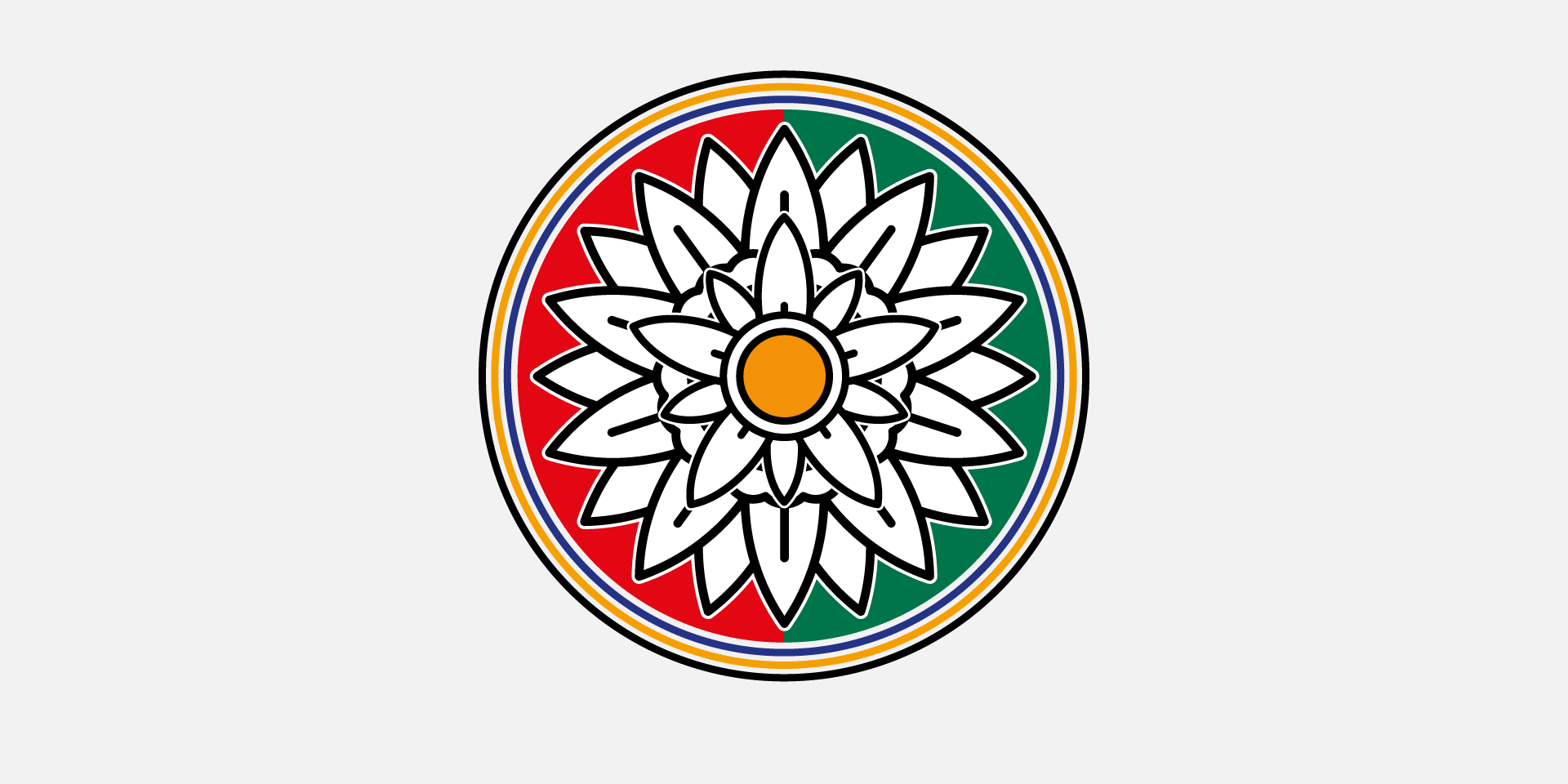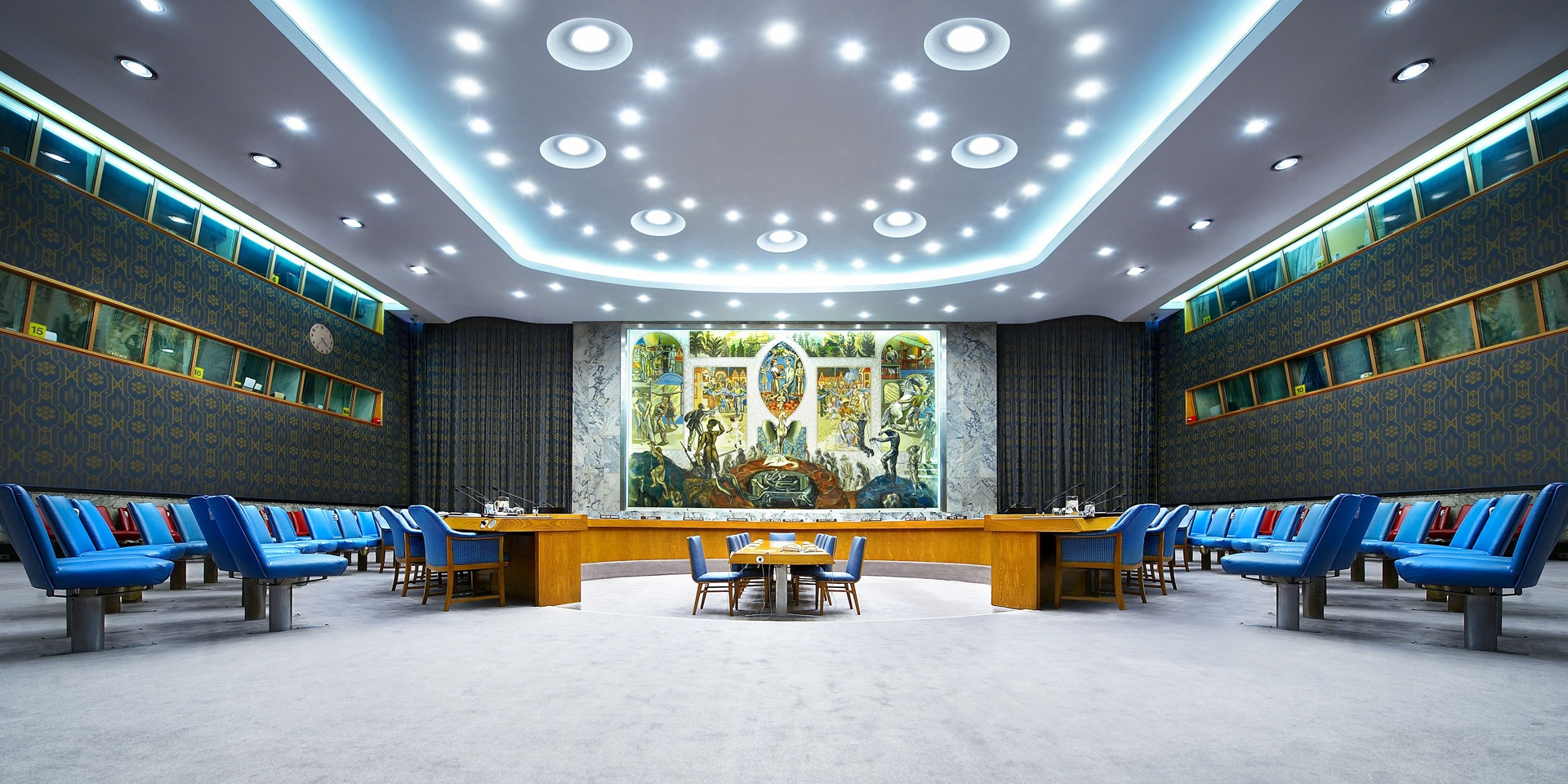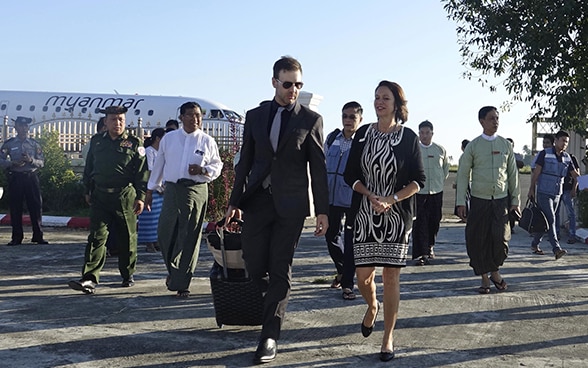A peace without women is no sustainable peace
This was Switzerland's maxim as it embarked on a year of exchanges with the 95 states and organisations of the Women Peace and Security (WPS) Focal Points Network alongside co-chair South Africa. The network strengthens the role of women in peace processes, and the exchange with its 95 members, including states and organisations, is at the centre of its work. As the year draws to a close, we hear from participants and take a look at some highlights.
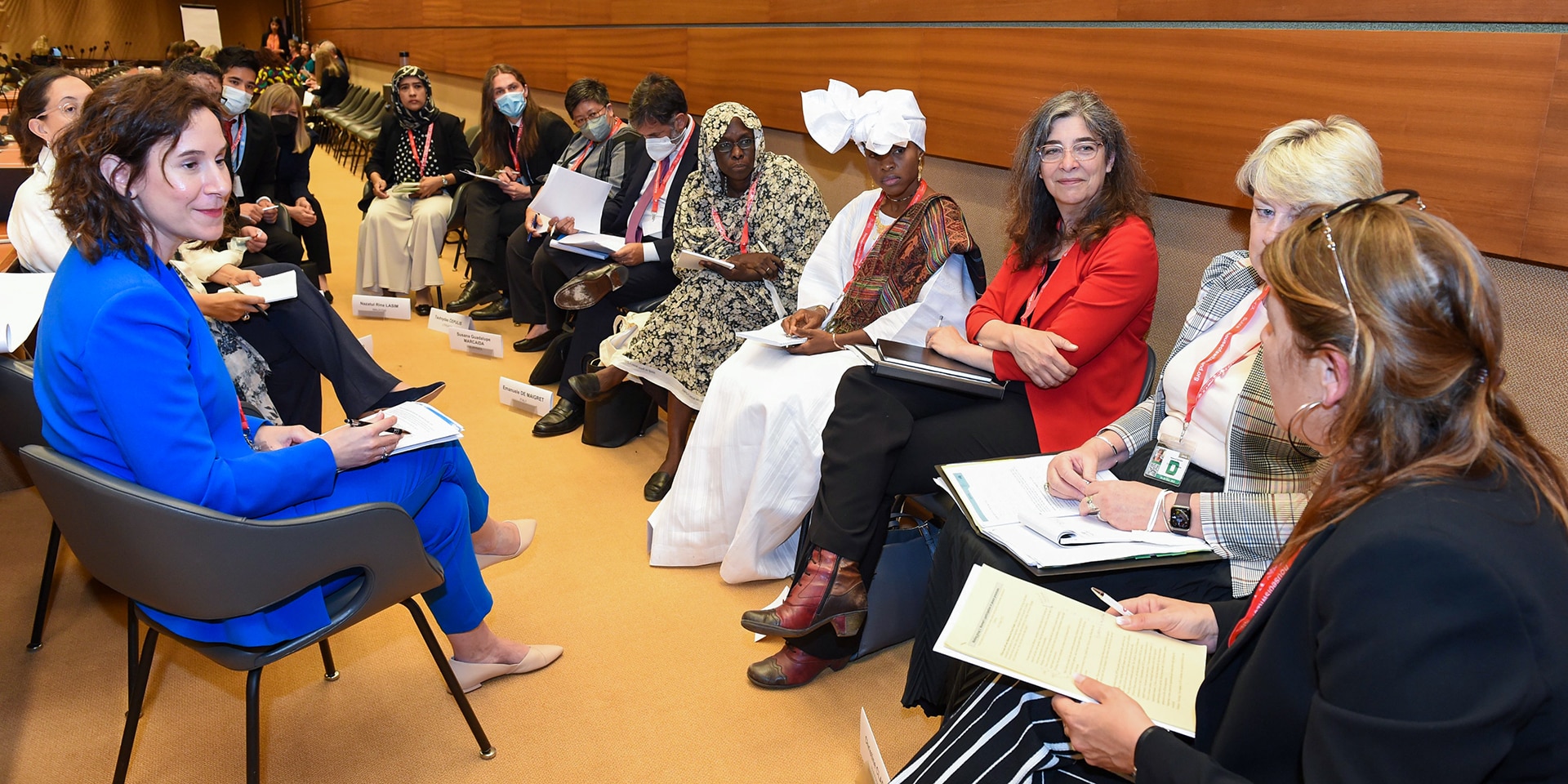
The network offers participating states and regional organisations the opportunity to strengthen the women, peace and security agenda in partnership with civil society. © WPS Focal Points Network
A unique platform for the implementation of the WPS agenda
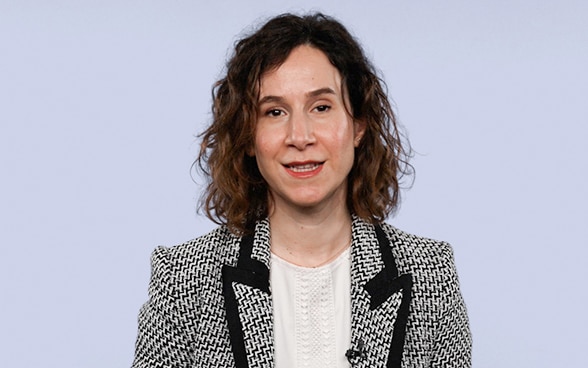
"The network provides a unique platform for states and regional organisations on the implementation of the WPS agenda. There were several highlights in 2022: in May, we hosted an international conference in Geneva and produced a joint communiqué providing concrete recommendations. For example, in order to promote women's participation in peace processes, mechanisms such as quotas should be employed alongside instruments such as mentoring. Furthermore, to protect women's rights, there is also a need to address the gendered impacts of the trafficking in and illicit use of small arms and light weapons. Moreover, there is the need to link national action plans on WPS with other national strategies.
In December, another network meeting was held in Pretoria, whose outcome stressed the need for inter-regional cooperation. We also attracted five new members to the network this year, including the Association of Southeast Asian Nations (ASEAN). The network now has 95 members and thus a growing body of knowledge and experience."
How can peace processes be inclusive?
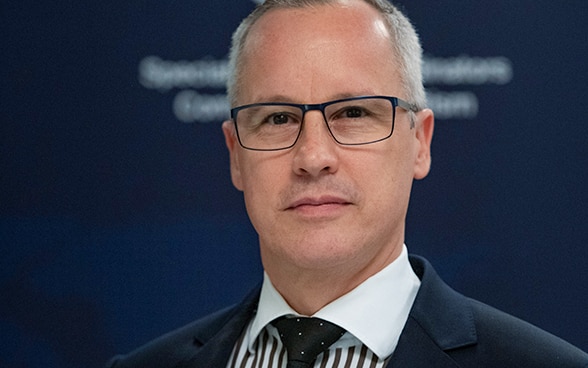
"We have seen a paradigm shift in women's participation in peace processes. The question is no longer why peace processes need to be inclusive, but how. Twenty-two years after the launch of the Women, Peace and Security Agenda, women are still not adequately involved. It was therefore important for Switzerland and South Africa that this be a priority for their co-chairship.
The broad membership and inclusion of civil society in the WPS Focal Points Network makes it a politically and culturally diverse platform. This means we can develop context-specific measures. At the meeting in Pretoria, we discussed good examples of the role that networks of women mediators can play. The FDFA itself supports a national network, and was able to bring in its own experiences and learn from others. As a member of the UN Security Council in 2023–24, Switzerland will draw on the outcomes of its year as co-chair to further women's effective participation in peace processes".
Partnering with civil society
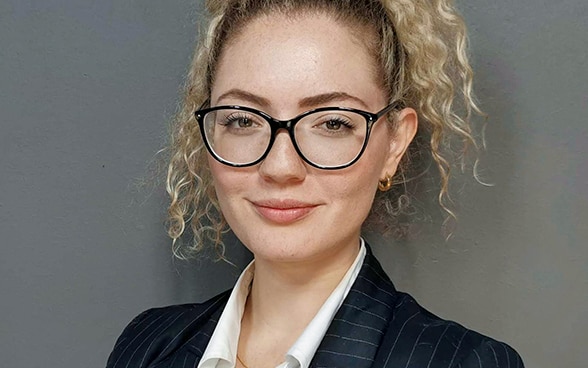
Yasmine Janah and Carla Weymann are both part of the civil society accompanying project to Switzerland's National Action Plan for the implementation of UN Resolution 1325 on Women, Peace and Security. Together they report on their experience with the WPS network. "The Swiss and South African civil society organisations involved in the co-chairship welcomed the opportunity to meet both in Geneva and Pretoria, which fostered a consistent exchange throughout the year. Building on the key theme of the WPS-FPN, South African and Swiss civil society organisations created spaces to reflect on their expertise and experiences with their respective national action plans (NAPs).
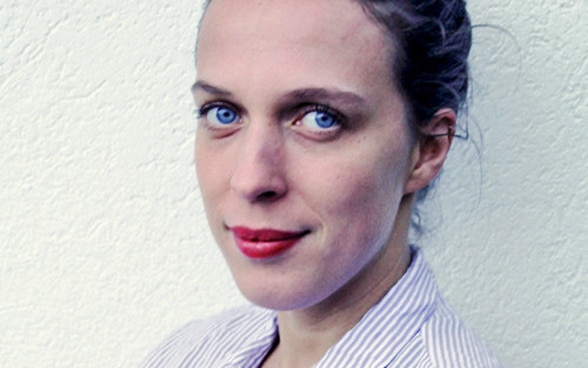
We identified several areas of interest to encourage meaningful participation by civil society organisations as an anchor for the WPS agenda in both countries and beyond.
These include sharing knowledge between regions on how to develop and implement NAPs, in particular identifying innovative practices and mechanisms, preventing and protecting against gender-based violence, and the international and national dimensions of the WPS agenda. Various partner organisations expressed their appreciation of the fruitful collaboration that has resulted from the co-chairship, and their intention to pass on the lessons from this shared learning process to policymakers in anticipation of Switzerland's membership of the UN Security Council in 2023-24 and the fifth Swiss NAP 1325."
WPS Focal Points Network in brief
Switzerland is working to ensure that women play an active role in conflict prevention and peace processes, and that their rights are protected. The Women Peace and Security Focal Points Network, of which Switzerland and 95 other countries and organisations are members, is a key instrument to this end. Switzerland has co-chaired the network with South Africa in 2022. Further information:

